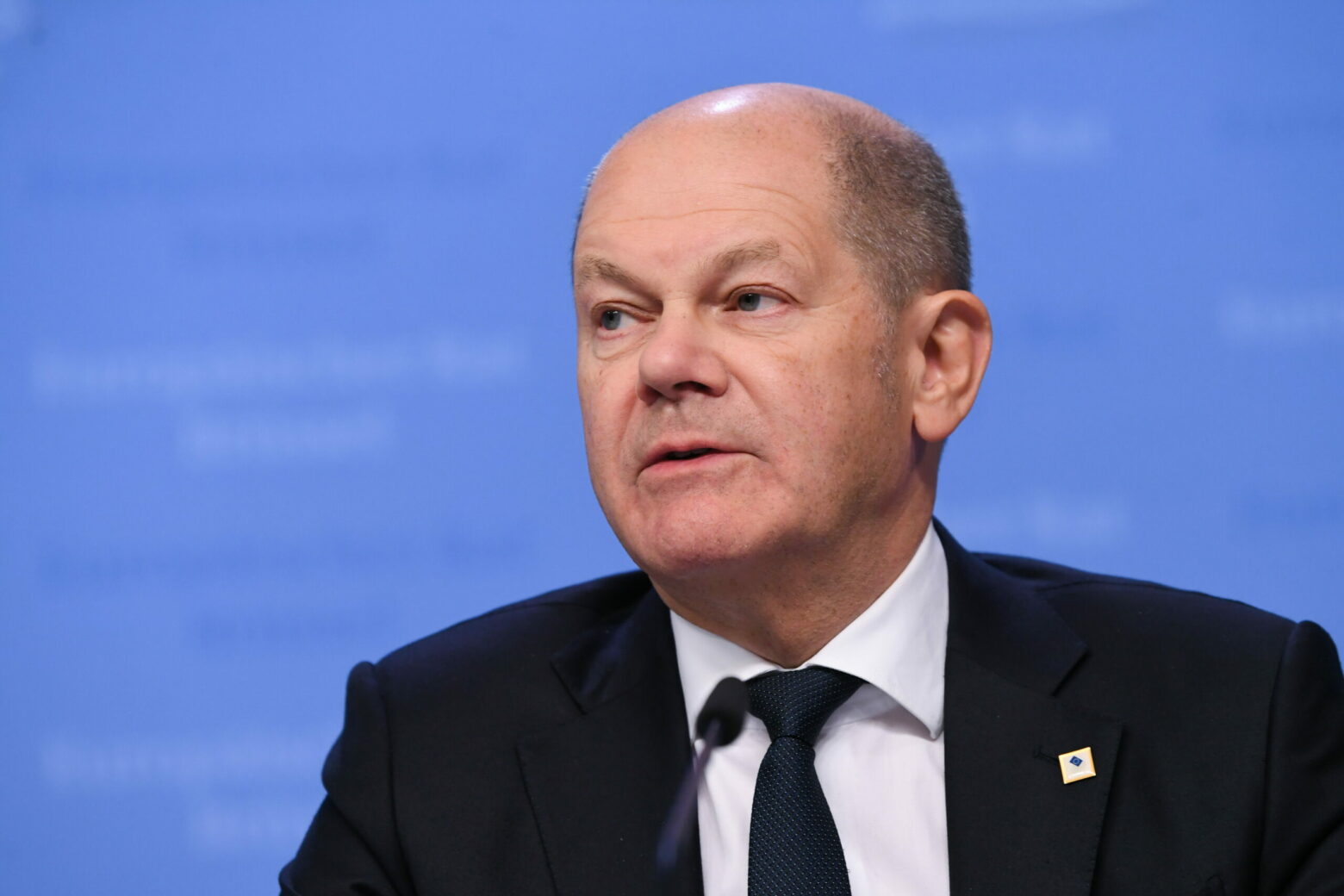Because in Germany the industrialists are snorting against the Scholz government

All the lashes at the Scholz government from the Bdi, the German Confindustria, and the big industrialists at the opening of the Hannover Fair.
The latest attack from the business world against Olaf Scholz's government came from the president of the German Confindustria, the powerful Bundesverband der Deutschen Industrie (Bdi), at the opening of the Hannover Fair , one of the biggest events for industry and innovation in the world. “German industry has not yet recovered from cost and demand shocks, sometimes extremely high energy prices and inflation,” said Siegfried Russwurm, “and Germany is likely to still be left behind in 2024 . We expect industrial production to decline by 1.5% compared to the previous year.”
HOW GERMANY'S ECONOMY WILL GO
The BDI's red numbers don't stop here. It is true that the decline in exports seems to have stopped and that the most recent data signal the beginning of a trend reversal, but after last year's -1.5% for 2024 the forecast is zero. This means that foreign trade, one of the most important growth drivers of the German economy, is not expected to provide any positive impulse this year either. So, despite the moderate recovery prospects, Russwurm says that industrialists should not delude themselves: "Overall, production data have been showing a worrying downward trend for years."
While moderate growth of the global economy of 3% is expected for the current year, as for 2023, in Germany, with a bit of luck, there will only be a small increase in growth of 0.3%. Russwurm is clear: “The challenges for industrial localization remain great, German companies are currently achieving stronger growth and satisfactory profits especially at their production sites abroad.”
The slow but inexorable emigration of German companies abroad has awakened the ghost of deindustrialization. These are not only companies attracted to the United States by the financial incentives of the Inflation Reduction Act wanted by President Joe Biden, but also activities that move towards neighboring Poland no longer seduced by cheap labor but by leaner bureaucracies, lower energy costs and more qualified labor. The latest company to announce a move was Miele, symbol of the German household appliance industry: it will move part of its production from Westphalian Gütersloh to Ksawerow, near Lodz, a city of over half a million inhabitants south-west of Warsaw.
INDUSTRIALS ATTACK THE SCHOLZ GOVERNMENT
Industry bigwigs are also putting pressure on the government. Martin Brudermüller, CEO of BASF, urges the executive to inaugurate "a new active industrial policy". In an interview with the Handelsblatt, he also notes that from an economic point of view things do not seem to be going well: "Germany is behind internationally, but the frustrating thing is that economic operators are no longer able to reach the federal government with their concerns and requests." There is a sort of lack of communication, a vicious circle: the economic estimates remain disappointing, the entrepreneurs criticize and prod, but the chancellor goes from press conference to press conference almost denying that the problems exist. When asked to take urgent measures to promote economic recovery, the chancellor responded smugly. “Everything seems to bounce off him,” an industrialist blurted out at the end of the meeting with Scholz, according to the Handelsblatt. Hence the frustration.
Recently, the German Economic Institute IW in Cologne shared the frustration of entrepreneurs: “The government gives no hope of improvement,” said IW director Michael Hüther. The reference is to Germany's loss of ability to be attractive to investors, especially national ones. The outflow of direct investment from the Federal Republic continued apace, Rhenish researchers wrote in a report last month, although after reaching record levels in 2021 and 2022, that pace slowed last year. But at 94 billion euros it still reached the third highest value since the start of the time series in 1971. Internationally, the outflow was greater only in Japan, the IW study continues, Germany is increasingly losing ground in the competition international. Hüther comments: “With high costs, exhausting bureaucracy and faulty infrastructure, foreign companies think twice before investing a euro in Germany.”
“Germany remains far below its potential and this makes me angry,” continues Brudermüller, who will leave his position as CEO this week after a 36-year career at BASF, “we need an important industrial policy initiative that makes the country ready for the future."
Industrialists use the Hanover stage to try again to raise awareness of the government and the chancellor and offer their recipe. “With a low trend growth of half a percentage point, Germany will not be able to face the major challenges of digitalisation, decarbonisation and demography, neither from a financial nor from a social point of view, due to redistribution problems that will inevitably result from it", says Russwurm, "only if we manage to generate a greater growth momentum will we be able to mobilize resources for the transformation, bring our infrastructures up to date, increase the attractiveness of the place for national and foreign companies and guarantee the high level of our social system”. Competitive energy prices, less bureaucracy, tax relief for companies are in short the requests to the government. “The technological and innovative strength, the sectoral competence and the production know-how of the German industry continue to be very successful and in great demand all over the world”, concludes the president of the industrialists, now there is a need for the government finally does its part.
This is a machine translation from Italian language of a post published on Start Magazine at the URL https://www.startmag.it/mondo/germania-tensioni-industriali-governo-fiera-hannover/ on Tue, 23 Apr 2024 05:52:27 +0000.
